What I learnt from my BES POST Fellowship 2019
Being a BES POST Fellow is a truly unique experience and one that I won’t forget. The working Parliament feels like a village – it is a self-contained culture and system. I learnt so much about policy, democracy and the role of evidence.
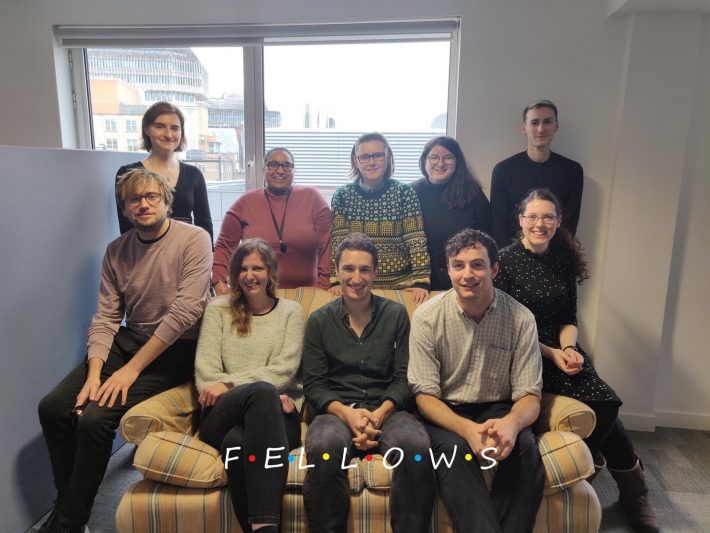
The Place:
Working in Parliament is a privilege. The buildings are spectacular and as a POST Fellow, you are allowed to explore both houses of Parliament. We also ventured onto the Terrace overlooking the Thames for lunch during a recess (when MPs aren’t around). I also attended a few All-Party Parliamentary Groups (APPG) events in different rooms on the estate which all have a unique history. You’re able to walk the halls with MPs, Lords and the press. There is a real buzz and busyness.
The People:
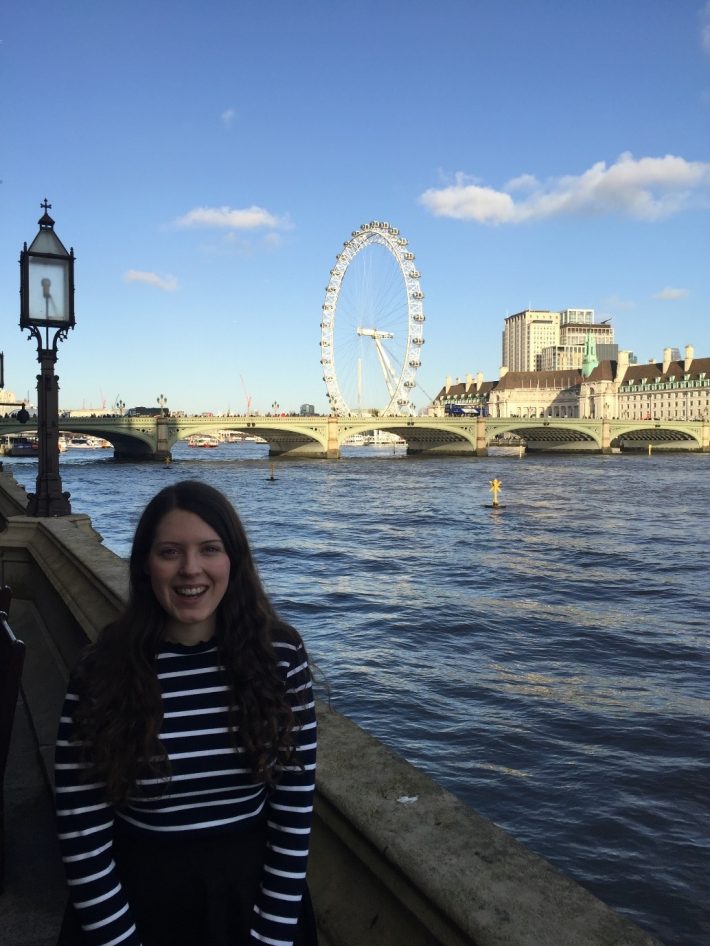
The POST team are friendly and helpful and incredibly capable. I learnt so much from their advice and hearing about how they manage their projects. You’ll also be part of a cohort of Fellows. I was so lucky to work alongside such wonderful people. I learnt a lot from how they managed their POSTnotes and also their PhD studies. They inspired me; some were writing on topics closely related to their PhD and it was really impressive how they interviewed other experts on the intricate details of the evidence. Others worked on something completely outside of their field but attacked it head-on and produced great POSTnotes. We also had a lot of fun going to events in Parliament together, walks in St James Park every lunchtime (a great place for bird-watching) and our traditional Friday breakfast at the Terrace.
The Process:
I learnt so much about how to collaborate with others, for example, my POSTnote received 900 comments and edits from academics and stakeholders. The comments only made it stronger, I learnt from Jonathan Wentworth how to address and integrate these comments, which was sometimes a challenge with such a short word count and having to remain completely impartial. Before the external reviewers see the POSTnote, it is reviewed by other members of the POST team. (In my case, staff working for the Science and Technology Select Committee too). After the external review, there is one more internal review with the Head of POST, which again raises important questions and a few more edits. You really learn how to process feedback constructively and efficiently. It was a privilege to work with everyone on the POSTnote. It’s also very nice to have a Parliament email, as people get back to you much quicker than usual. All stakeholders were helpful and proactive. As an ECR, it was great to see that academics were quick to compliment and offer names of other researchers that I should contact. It was also great to see that ECRs were just as important and helpful in the process as professors.
Skills involved in a BES POST Fellowship
I learnt how to write impartially, which is more difficult than I initially thought. I also had to summarise the evidence accurately and concisely. I was also given access to multiple embargoed studies and press releases, which I had to deal with appropriately. I learnt that the more feedback you get the stronger the final product will be. Writing a POSTnote involves interviewing academics and stakeholders, which was a really interesting process. I learnt how to identify the big picture questions, but also recognise when it was key to drill down into the evidence. It was also important to highlight where there was consensus or uncertainty about a topic. As part of my fellowship we also organised the launch event for the POSTnote and POSTbrief, it was interesting to see how to best present the evidence, select speakers, involve a range of stakeholders and have a plan B in case of the Coronavirus outbreak. I had the opportunity to discuss the evidence with MPs and Lords after the event, which helped me understand first-hand the types of questions they ask and the evidence they require.
Additional benefits to working in Westminster
There is always something going on in Parliament. There are many talks and events to attend. I was lucky enough to attend a Women Researchers in Parliament day and a talk by Sir David Attenborough. There’s also an opportunity to visit debates anytime you want and to watch PMQs live. We even had the opportunity to stand in for MPs to help rehearse the swearing-in ceremony for a new session of parliament. There is always a protest of some sort going on which is interesting to watch (we saw many Extinction Rebellion and Remain/Leave protests). Your topic may also be covered at external events and conferences, which will give you the opportunity to attend these as part of your role at POST.
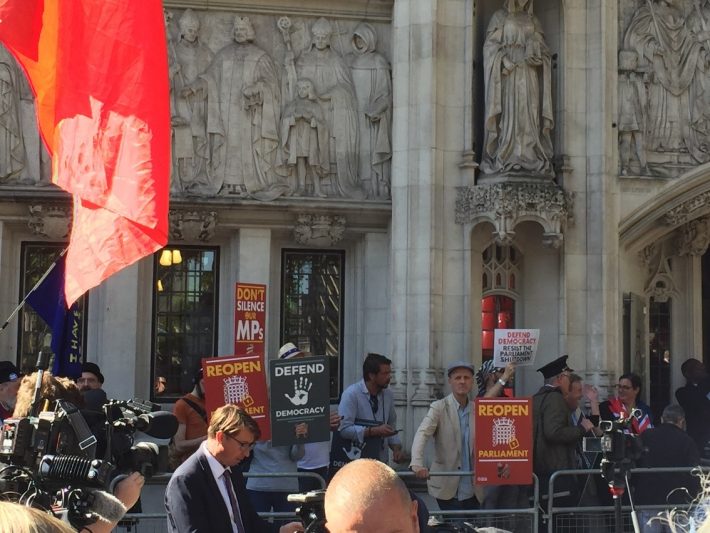
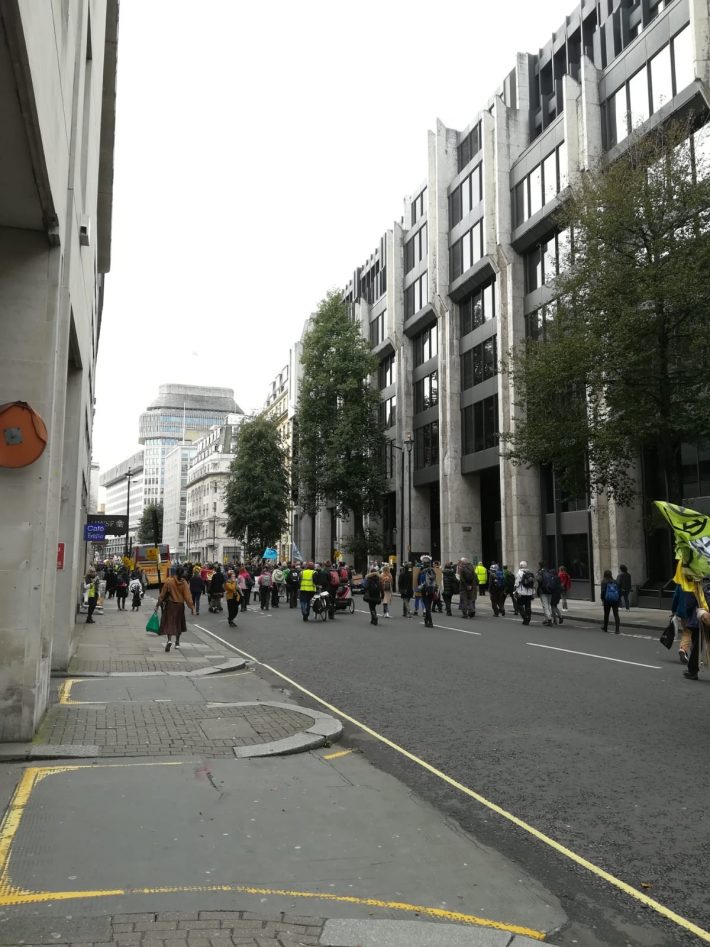
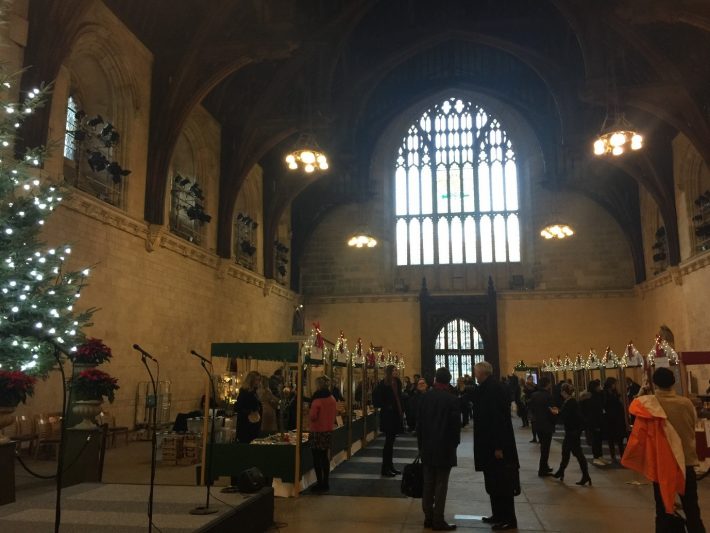
Like what we stand for?
Support our mission and help develop the next generation of ecologists by donating to the British Ecological Society.